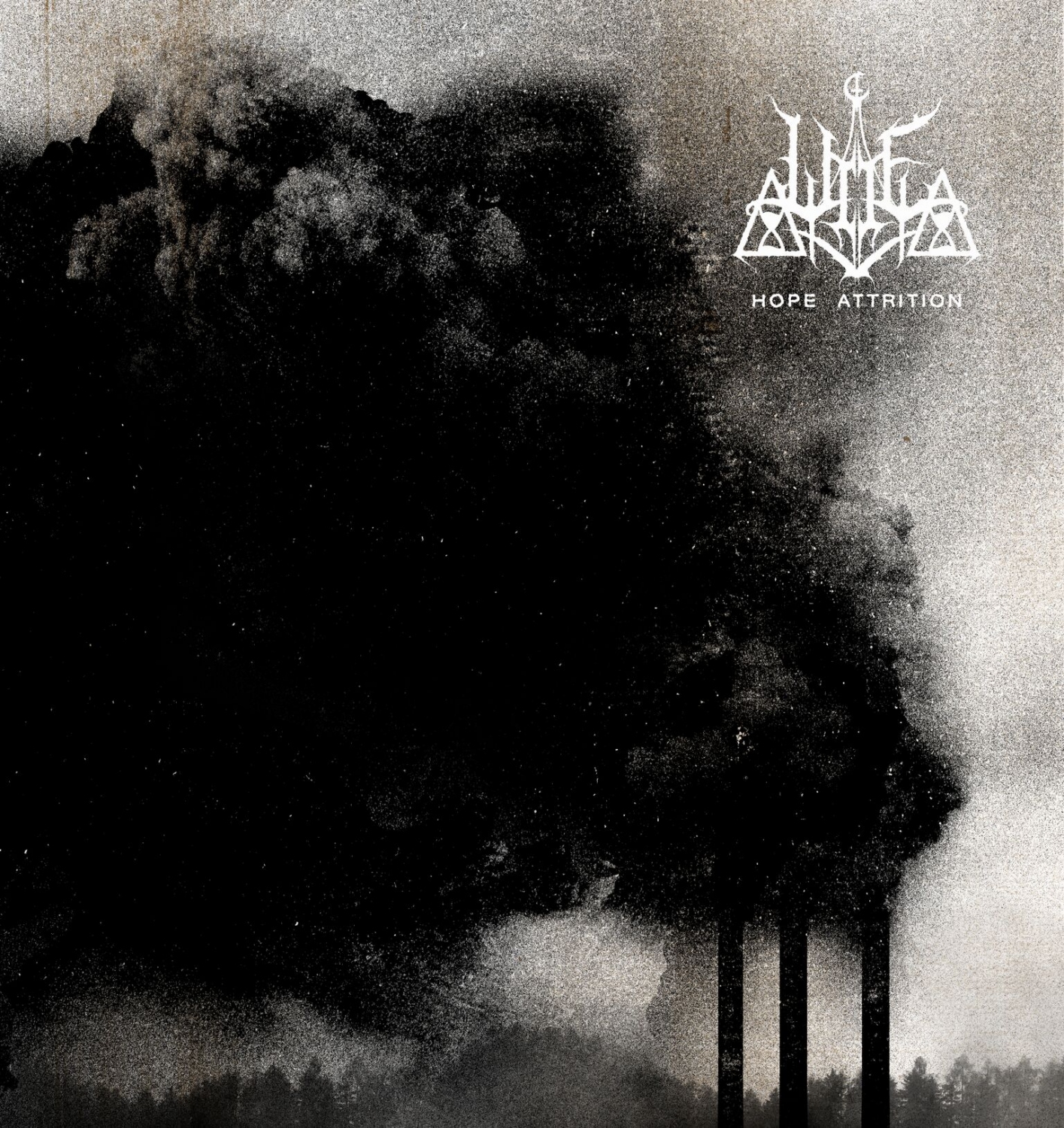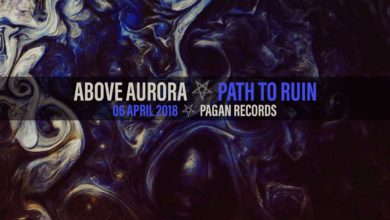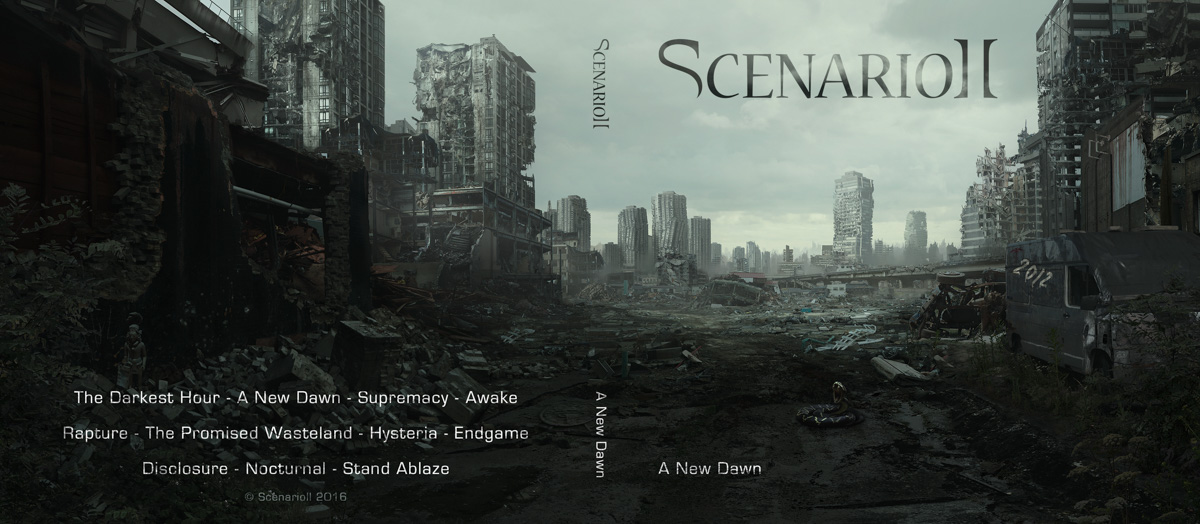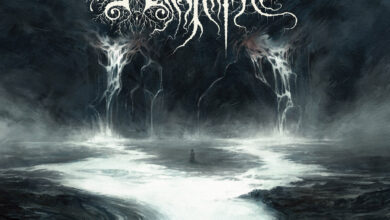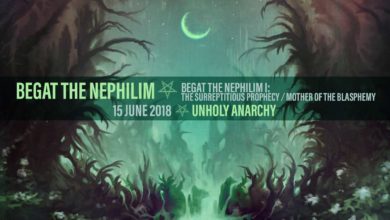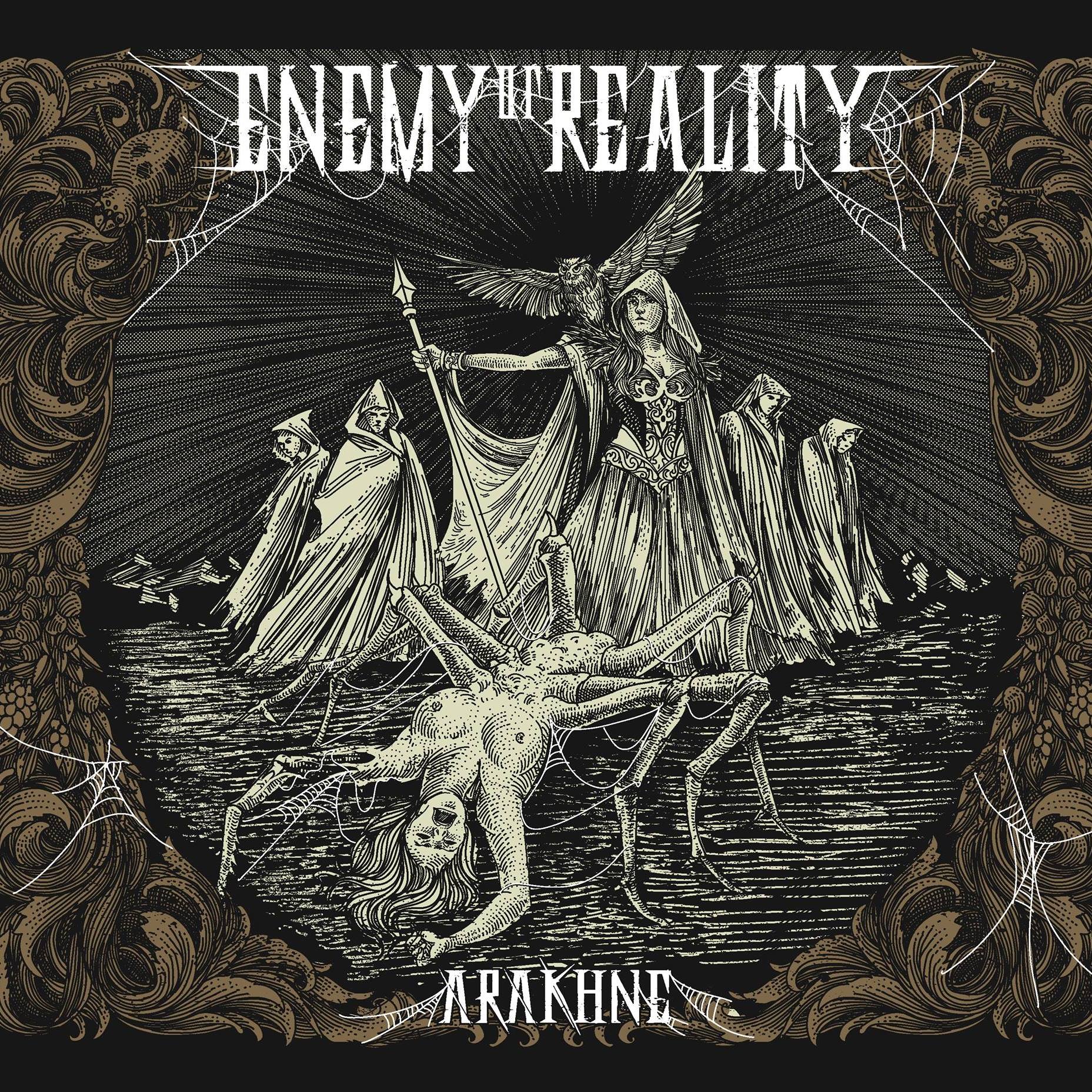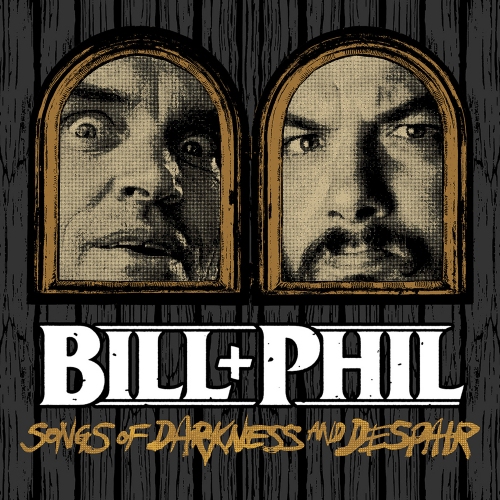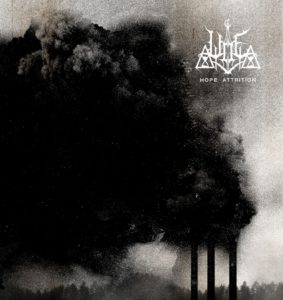 Black metallers Woe have undergone a steadily successful transformation since their inception in 2007. Originally hailing from New Jersey as a sole entity of multi-faceted Chris Grigg, the presently Brooklyn-based project has fleshed into a quartet, comprising additional members Grzesiek Czapla (bass, vocals), Matt Mewton (guitar) and Lev Weinstein (drums). In much the same way, their once niche Satanism-themed lyrics have grown to include more personable sentiments, such as loss, emptiness, and existentialism.
Black metallers Woe have undergone a steadily successful transformation since their inception in 2007. Originally hailing from New Jersey as a sole entity of multi-faceted Chris Grigg, the presently Brooklyn-based project has fleshed into a quartet, comprising additional members Grzesiek Czapla (bass, vocals), Matt Mewton (guitar) and Lev Weinstein (drums). In much the same way, their once niche Satanism-themed lyrics have grown to include more personable sentiments, such as loss, emptiness, and existentialism.
On Woe’s latest album, Hope Attrition, those themes are emphasized through their signature bleak imagery and equally brooding instrumentation. I instantly appreciated their retaining the earthy nature of the production work, which, even as it fills both speakers, continues to complement the vocal delivery. However, a subtler element that is equally improving is the guitar tone. The chunkiness of its texture is now thicker and fuller-defined, by all accounts another testament to the band’s progression.
“Unending Call of Woe” begins the album with searing shred riffs, each consisting of dissonant and melodic halves. That foundation is then bolstered by sparse bass drum rhythms, which come to unravel one seriously sinister drum intro. Around 2:42 is where the momentum accumulates into bullet-paced haze. At the same time, sustain is lifted over, ringing throughout its momentary phase. Grigg then proceeds to sing with blunt, unbridled force. In carrying his lyrical context, he feels consumed by a thwarting hopelessness, yet exhibits a strange degree of control in his awareness of a crumbling society. Shifting a slower, doom-laden foundation, the following track, “No Blood Has Honor,” provides a further validating glimpse of Grigg’s outlook. Diminished is the efficacy of faith and hope at a time where chaos reigns rampant. Amidst those times, war-laden efforts, even if seemingly heroic on the surface, only lead to greater destruction. At the halfway point is a gradual unveiling of melodic sensibility through means of shifting percussive beds. It is first utilized by an outright thrash approach, then through a contained mass of cymbal crashes. Grigg’s vocals change tonality in a similar fashion, from guttural to shrieking, as a means of insinuating defeatist and confident standpoints. By the latter part of the song, a chilling chord sequence plays out and what is most probably the one of the definitive highlights of the album. Both its clean and wave like forms are substantial in driving home this feeling of resounding dismay and doubt. Just hearing Grigg’s voice enveloped within that chord progression fits incredibly well and pushes this song to its peak of intensity. The third track, a distant epitaph, marks the initial part of the albums midsection. Even though the track is a short 50 seconds, its substance is far from scant. In fact, its very placement on the album is justified by being in stark contrast to the bulk of the album’s material. Warm, tender acoustic strings are played in an otherwise folky aesthetic, bringing a true sense of space to its sequencing.

After a brief lull, the heaviness returns in its response track of sorts, “The Din of the Morning.” Tempo plays an interesting role in the song, as it can convey an either fearful or commanding context. On one hand, the frequency of the high hats suggests speed and adrenaline, while the slower symbol crashes represent treading through emotional hurdles. Once the guitar solo arose at the songs climactic point, I felt the music starts to free up breathing room for the rest of the instrumentation. Its percussion began assuming a more direct, combative stance, feeling extra suited to the songs tight-knit feels. Eventually, guest Brooks Wilson’s epic NWOBHM-inspired vocals make a welcome entry, and feel wholly sensible for the song’s remainder. With this change of pace comes a decidedly long form entry, combining the Progressive aesthetic of the “Ones We Lost” with the straightforward aggression of “Drown Us in Greatness.” Such structural variability makes room for emphasized lead melodies, As well as a reclaiming of emotional control. In an interesting way, the parallels of both songs signify humanity’s down and the subsequent rise of false achievement, as the latter song’s instrumentation subtly deconstructs. A sentiment of futility makes itself heard in the final track, “Abject in Defeat.” This is interestingly the most single-oriented song on the album. Between The percussive swagger, focused melodies and bass interplay, I keep finding myself coming back to this song. It seems rightfully round the albums elements into an all-encompassing thought, while standing out as a competent track on its own. There is definite improvement in its dynamics, and the guitar solo feels more fluent in its delivery. Despite its underlying thematic negativity, I feel a strange sensation of triumph comprise its arrangement, and growth through having experienced the full extent of personal and psychological wounds.
Overall, Hope Attrition is Woe’s most stylistically and thematically realized album to date. Grigg’s pain is eloquently expressed throughout–simply structured, yet complexly phrased. When the much-refined instrumental bed is put into place to elevate his words, the entire product is truly a step above the rest. In essence, this may as well be Woe at their peak of accessibility, even for black metal standards.

